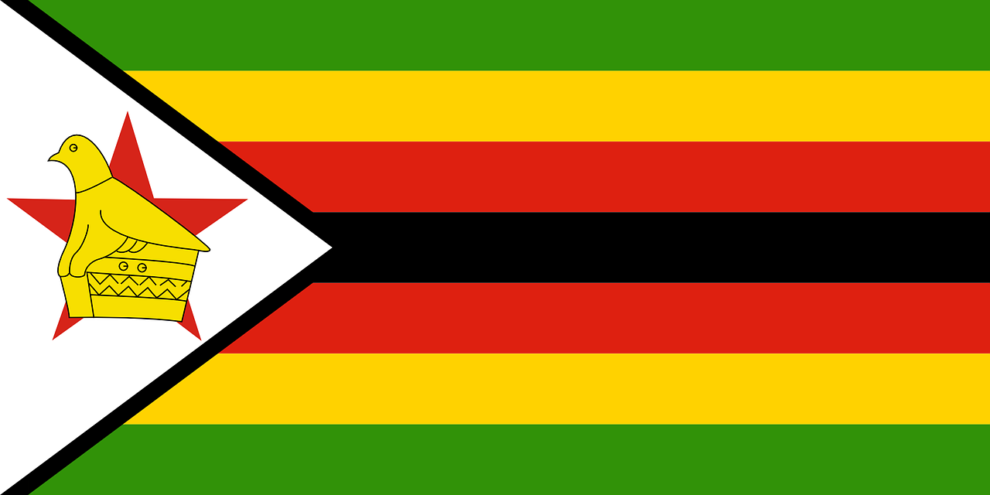Zimbabwe’s new gold-backed currency got off to a chaotic start with shops accepting only US dollars on Tuesday and vexed Zimbabweans queuing up outside banks for hours to access their savings.
The ZiG — short for Zimbabwe Gold — officially started trading on Monday, just days after it was announced it would replace the Zimbabwean dollar, which has tumbled in value over the past year, pushing inflation through the roof.
But many in the country were not ready for the switch.
Most banks had their systems offline on Tuesday, as they worked to transition them to ZiG.
This caused long queues outside some branches in the capital Harare, with hundreds of people waiting for hours to withdraw cash or access their funds.
“I spent the entire morning… waiting for the bank to be back online,” one grumpy account holder told AFP.
“No success. Stranded. They say they have no idea when they will be back online.”
– Worthless overnight –
The currency swap saw old banknotes — already of little value — become worthless overnight.
In the Harare suburb of Kambuzuma, children played in the streets with wads of cash.
Other notes laid abandoned on the pavements of the central business district, no one stopping to pick them up.
Getting hold of new ones was impossible.
On Saturday, the central bank said they were still being printed and would become available only on April 30.
Some people were left stranded as Harare public transport operators refused to accept Zimbabwean dollars, charging instead a pricey flat fare of $1 — double the usual local currency cost for short journeys.
“We are being shortchanged,” complained George Goliati, a commuter.
Many stores and street vendors similarly accepted only greenbacks, giving out biscuits or candies as change, due to a shortage of coins.
Julius Muza, a shopkeeper in the capital, told AFP he stopped accepting Zimbabwean dollars after noticing customers rushing to his and other shops to “dump” the old banknotes.
The central bank hopes the ZiG, which is backed by a basket of reserves comprising foreign currency and precious metals — mainly gold — would help stabilise the long-floundering economy.
The Zimbabwean dollar has lost almost 100 percent of its value against its US counterpart over the past year — leading to sky-high inflation, which after climbing well into the triple digits, was still at 55 percent in March.
Soaring prices have piled pressure on Zimbabwe’s 16 million people who already face widespread poverty, high unemployment and a severe drought induced by the El Nino weather pattern.
